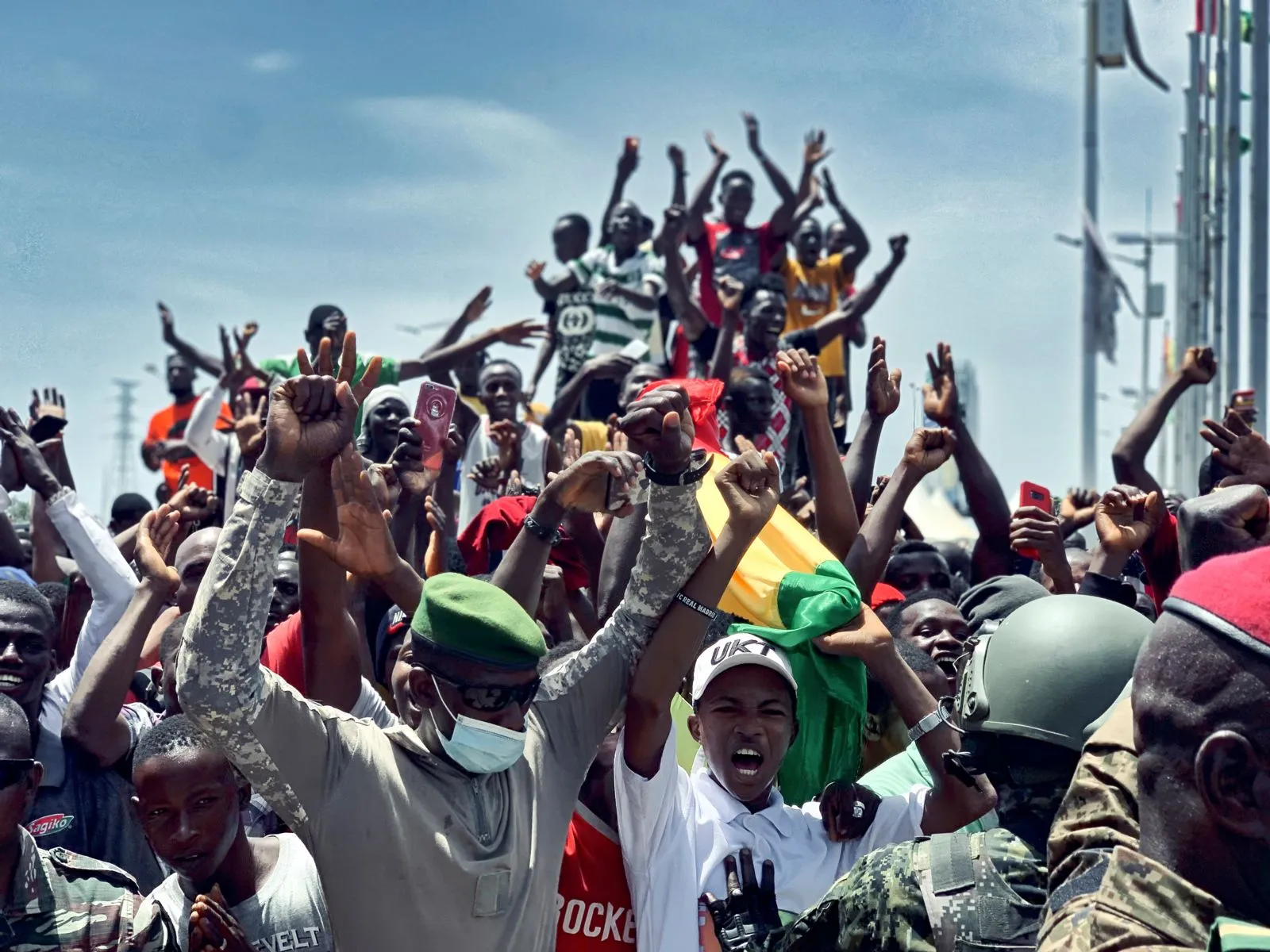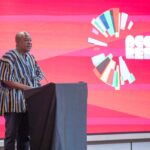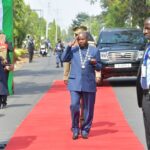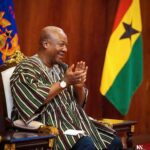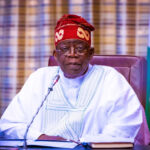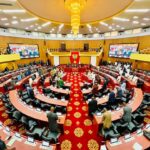A storm is brewing across Africa. And it’s led by the continent’s youth. From social media to the grounds, young people are mobilizing each other to demand for a better Africa.
In 2020, thousands of Nigerians poured onto the streets in one of Africa’s largest and most impactful demonstrations – The End SARS movement. It began on Twitter, now X.
Two years after that, Ghana’s youth also embarked on a similar conquest, they called it Fix the Country. Hundreds of thousands of young people marched across Ghana’s capital to demand change. It also began on social media.
Then in 2023, Kenya hit global headlines when young people marched to protest the controversial financial bill. These protests have not been without incidents.
The recent wave of youth led protests across Morocco and Madagascar, which have led to fatalities are just examples of how calls for change can be met with brutality.
History books point to the 1976 Soweto uprising as one of the key initiators of youth-led protests across the continent.
But why are Africa’s youth protesting? Many are calling for a change in leadership.
A demand for a change in leadership
On a continent of 54 countries, only 6 countries have presidents younger than 50 years.
21 out of 54 African countries are led by people between the ages of 60-69. 19 are led by people 70 years and above.
Meanwhile, Africa is the only continent with the youngest population across the globe, with a median age of just 19.7 years.
Call it generational gap, desire for fresh ideas or the impact of high levels of education. But one thing is sure, Africa’s youth are looking for a change in their ageing leadership.
What does Africa’s leadership look like in ages?
In the following list, we have compiled the age of leaders of Africa’s 54 countries
Algeria – Abdelmadjid Tebboune (79 years old)
Egypt – Abdel Fattah El-Sisi – 70 years old
Libya – Mohamed Yunus (85 years old)
Tunisia – Kais Saied (67)
Morocco – Aziz Akhannouch – 64
Sudan – Abdel Fattah al-Burhan (65)
Burundi – Évariste Ndayishimiye (57)
Comoros – Azali Assoumani (66)
Djibouti – Ismaïl Omar Guelleh (77)
Eritrea – Isaias Afwerki – 79
Ethiopia – Taye Atske Selassie – 69
Kenya – William Ruto -58
Madagascar – Andry Nirina Rajoelina – 51
Malawi – Lazarus McCarthy Chakwera – 70 (Peter Mutharika 85)
Mauritius – Dharam Gokhool – 75
Mozambique – Daniel Chapo – 48
Eswatini – Ngwenyama of Eswatini – 57
Rwanda – Paul Kagame – 67
Seychelles – Wavel Ramkalawan – 64
Somalia – Hassan Sheikh Mohamud – 69
South Sudan – Salva Kiir Mayardit – 74
Tanzania – Samia Suluhu Hassan – 65
Uganda – Yoweri Museveni – 81
Angola – João Lourenço – 71
Cameroon – Paul Biya .- 9
Central African Republic – Faustin-Archange Touadéra – 68
Chad – Mahamat Déby – 41
Democratic Republic of Congo – Félix Tshisekedi – 62
Republic of Congo – Denis Sassou Nguesso – 81
Equatorial Guinea – Teodoro Obiang Nguema – 83
Gabon – Brice Oligui Nguema – 50
São Tomé and Príncipe – Carlos Manuel Vila Nova -66
Botswana – Duma Gideon Boko – 55
Zimbabwe – Emmerson Mnangagwa – 83
Lesotho – Sam Matekane (Prime Minister) – 67
Namibia – Netumbo Nandi-Ndaitwah – 72 (woman)
South Africa – Cyril Ramaphosa – 72
Zambia – Hakainde Hichilema – 63
Benin – Patrice Guillaume Athanase Talon – 67
Burkina Faso – Ibrahim Traore -37
Cape Verde – José Maria Pereira Neves -65
Côte d’Ivoire (Ivory Coast) – Alassane Dramane Ouattara – 63
The Gambia – Adama Barrow – 60
Ghana – John Mahama – 66
Guinea – Mamady Doumbouya – 40
Guinea-Bissau – Umaro Mokhtar Sissoco Embaló
Liberia – Joseph Boakai – 80
Mali – Colonel Assimi Goïta – 41
Mauritania – Mohamed Ould Ghazouani – 68
Niger – Abdourahamane Tchiani – 64
Nigeria – Bola Ahmed Tinubu – 73
Senegal – Bassirou Diomaye – 45
Sierra Leone – Julius Maada – 61
Togo – Faure Gnassingbé – 59
A disconnect between Africa’s population and its leaders
Some of these leaders have ruled for decades. Key amongst them include Uganda’s Yoweri Museveni who has been in power since 1986, Cameroon’s Paul Biya who has been in office since 1982 and Equatorial Guinea’s Teodoro Obiang Nguema Mbasogo who has ruled since 1979.
According to the International society for human rights, the age gap between African leaders and their population creates a disconnect.
“Despite the energy and potential of African youth, many countries on the continent are still led by older politicians who have been in power for decades. This creates a disconnect between the leaders and the majority of the population they serve,” it said in a 2024 report.
Many across the continent have questions with no one willing to provide answers. How do the older generation keep winning power? Should governance be handed to the youth and what is the cost of the power struggle between the continent’s youth and old?

